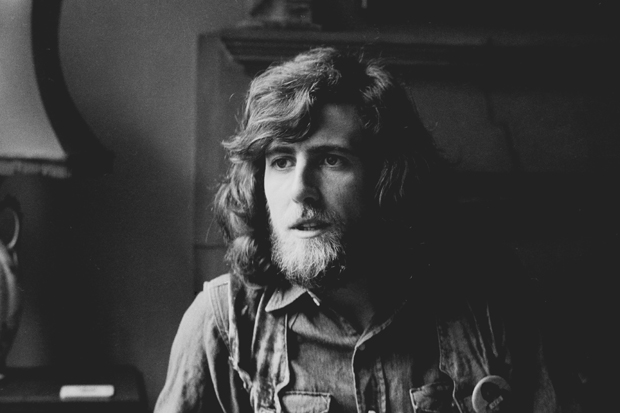We all know that if you can remember the Sixties you weren’t really there. But Graham Nash, of the Hollies, and later of Crosby, Stills & Nash, was there, and has decided at the age of 71 to prove that he can well remember both them and subsequent decades by favouring us with his autobiography.
Wild Tales begins in familiar territory: working-class lad discovers rock’n’roll in the late Fifties, forms a band with his schoolmates and discovers a gift for harmony vocals, along the way realising that he can make a better living from this showbiz lark than his poor father ever did at the ironworks. This is the most revealing part of the book, if only in terms of social history, as Nash goes from scavenging on Salford bombsites to talent-show spots between the plate-spinner and the midget with the harmonica, en route to the Top Rank circuit (and what a bygone world is evoked by that phrase alone). Once the north-west is won, it’s off to Swinging London, where girls, gigs and the hit parade await.
On tour in Los Angeles in 1966, Nash has a fortuitous meeting with some open-minded locals, smokes his first joint and decides the Hollies are squaresville. Before you know it he’s quit the band, shacked up with Joni Mitchell in her funky abode in the canyons above LA and formed a supergroup with mercurial, angel-voiced David Crosby of the Byrds and gruff guitarslinger Stephen Stills of Buffalo Springfield. In a cast of great songwriters (and Neil Young), Nash risks having just a bit-part in his own movie. Nevertheless, from this point on Wild Tales reads like a modern-day pioneer’s love letter to California as the land of opportunity, where the rewards are colossal record sales and eventual US citizenship.
Occasional digs at the musicians’ unions aside, it’s a tale to make any Spectator reader weep: Englishman rises from humble beginnings to international prominence through sheer hard work, only to become one of those pot-smoking longhairs who want to overthrow everything. You’ll need a pretty high tolerance for hippiespeak from here on in.
Were Nash’s Sixties worth remembering? Yes, if, like me, you have a soft spot for the stack of highly agreeable records he and his compadres kept making until 1977 or so. And he tells his story aimiably enough, though much of the same ground was covered definitively in Crosby’s 1989 memoir If I Could Only Remember My Name, the story of a career drug-abuser who occasionally made records.
The bad news for the reader is that Nash’s greatest value wasn’t as a musician, but rather as a mediator who brought a northerner’s level-headedness to the clash of monumental American egos. He really did just want everyone to get along, and as a result the wild tales always star someone else, usually the seldom-straight Crosby. To borrow a joke from the spoof rockumentary This is Spinal Tap: if Crosby and Stills were fire and ice, then Nash was definitely the lukewarm water. Man.






Comments